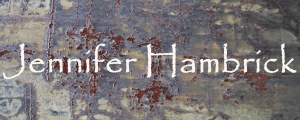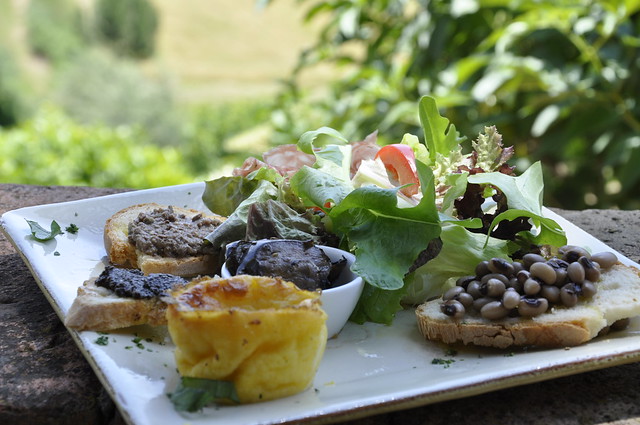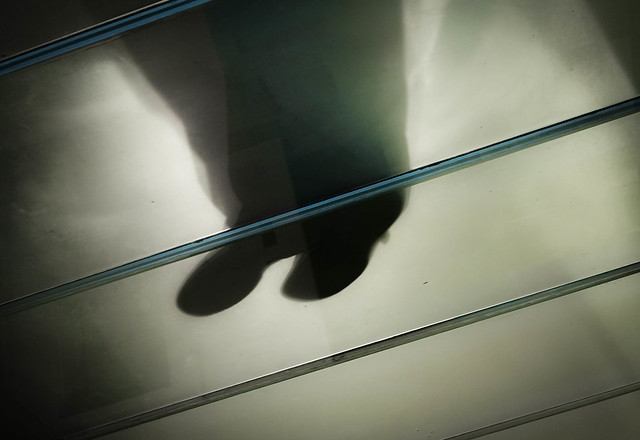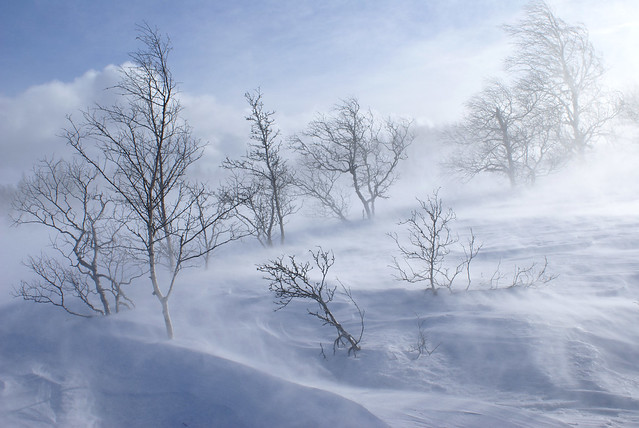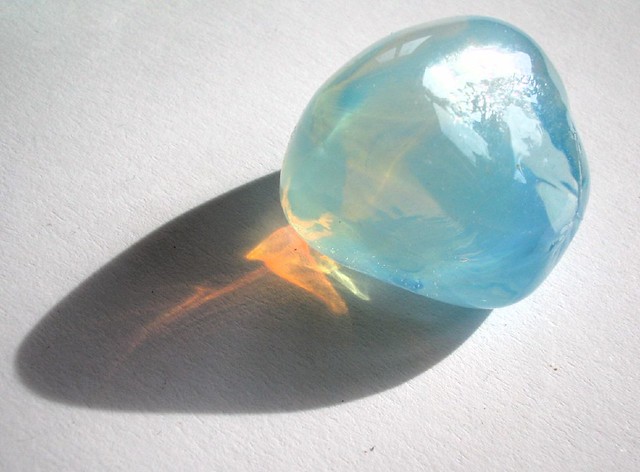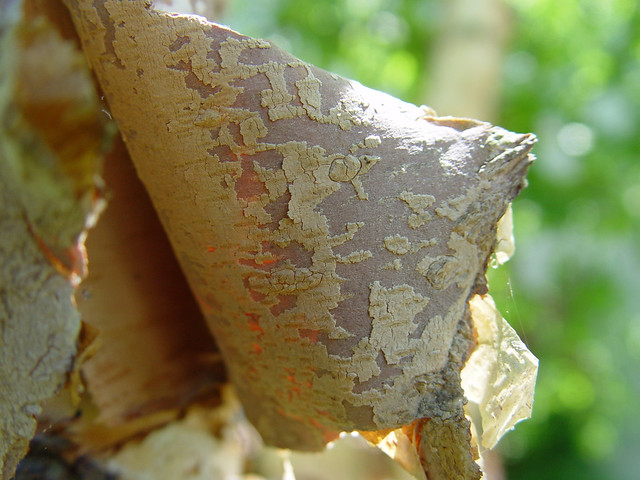Photo: Free for Commercial Use/www.gratisography.com/Creative Commons/Flickr
31 days. 27 poets. 48 poems.
The first International Women’s Haiku Festival on Inner Voices was a big success. You sent me an overwhelming number of submissions from every corner of the English-speaking world. With deep sensitivity, humor, and skill, your poems covered a broad swathe of women’s experience – the horrors of breast cancer, the nuanced relationships of mothers and daughters, marriage, divorce, domestic violence, singlehood and solitude, the glass ceiling, children, childbirth and motherhood, dementia, body image, age discrimination, cougars, and even the politics of lingerie.
Some of your poems tugged at the proverbial heart strings. Some of them made me giggle. All of them made me think and, I hope, will continue to make others think about the richness that women bring to the world, and about the ways in which the world does – and, in many instances, still does not – appreciate it.
In addition to your submissions, your support for the festival also came in the form of the comments you wrote on the festival’s featured posts, and in the many lovely comments you sent me privately. I appreciate them all.
Thank you for entrusting me to curate your work in this festival. I was an honor.
The poets of the 2017 International Women’s Haiku Festival:
Agnes Eva Savich (USA)
Anna Cates (USA)
Roberta Beary (USA/Ireland)
John Hawkhead (UK)
Terri L. French (USA)
Willie R. Bongcaron (Philippines)
Shloka Shankar (India)
Michael Dylan Welch (USA)
Martha Magenta (UK)
Stella Pierides (Germany/UK)
Lee Nash (France)
Eufemia Griffo (Italy)
Marietta McGregor (Australia)
Joshua Gage (USA)
Christina Sng (Singapore)
Julie Thorndyke (Australia)
Mary Stevens (USA)
Debbie Strange (Canada)
Amy Losak (USA)
Debbi Antebi (UK)
Michelle Schaefer (USA)
David Oates (USA)
Nicholas Klacsanzky (Ukraine)
Louise Hopewell (Australia)
Tim Gardiner (UK)
Angela Leuck (Canada)
Valorie Broadhurst Woerdehoff (USA)
